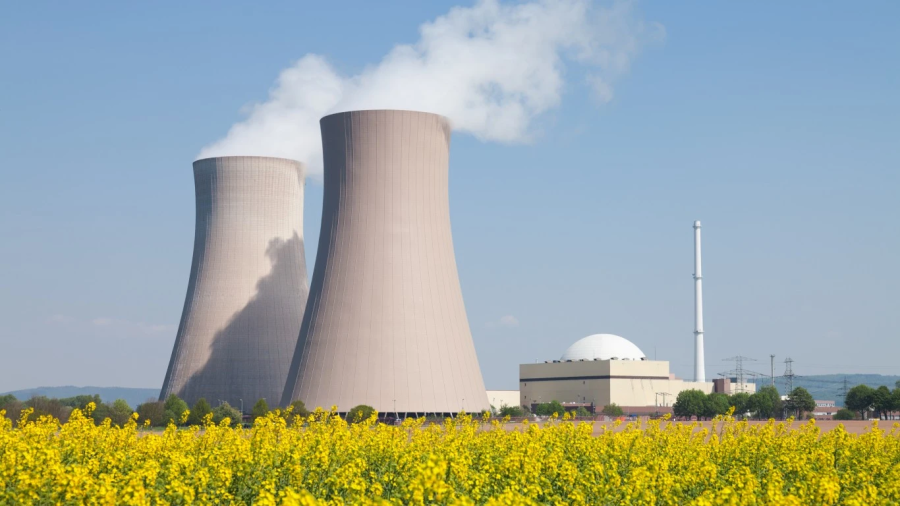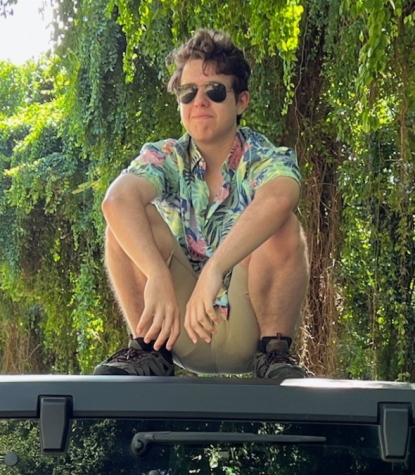What if there was a method of producing energy that could completely eliminate the need for fossil fuels? What if the technology needed to do this had already been known for decades? And what if, out of irrational fear and self-serving hubris, this technology had been rejected?
Well, that method exists, and it might be humanity’s greatest tool against climate change, despite its scary name: nuclear energy.
The principle behind nuclear energy is simple, and its discovery long predates the far better known nuclear bomb. Where traditionally, power has been produced by burning fossil fuels like coal and oil, nuclear plants produce energy through the controlled splitting of atoms. This process is entirely free of carbon dioxide emissions, so it is almost completely clean. It is also very reliable, and has been consistently shown to be the most efficient form of power generation known to humanity, far outstripping any other source of renewable energy and all fossil fuels.
Despite all of these advantages, nuclear plants provide just 18% of America’s energy. This number has been the same since the late 1980s, owing to the bad reputation that nuclear energy has since taken on.
Perhaps the most serious concern about nuclear energy is safety. The first thing many people will think of when it comes to nuclear power are the famous disasters at Three Mile Island, Chernobyl, and Fukushima. It is these catastrophes that make people think that nuclear power is dangerous — but these incidents are outliers, and beyond these three, next to no deaths have been recorded as a result of nuclear power generation. In fact, as of 2020, the death rate for producing nuclear power was so low that, according to Our World in Data, “In an average year nobody would die – only every 33 years would someone die.” This is in opposition to coal, which kills 25 people prematurely every year, and oil, which kills 18. In other words, in the time it would take for one person to die producing nuclear energy, 825 people would die extracting coal, and 594 extracting oil.
Nuclear accidents are terrifying, and very easy to sensationalize, but the numbers simply do not bear out the notion that they are an eminent threat at every nuclear plant. Three Mile Island was the result of lax safety measures, which have long since been tightened. The Chernobyl meltdown was a result of Soviet officials who knew the dangers and just didn’t care. This kind of negligence would be next to impossible in a democratic country where public officials can be held accountable. Fukushima was the answer to the question of “what if a nuclear plant was built in an area prone to tsunamis?” Each incident has contributed to more caution around nuclear power production, decreasing the likelihood of such a disaster happening again each time.
Another major concern around nuclear energy is that of nuclear waste. While nuclear power generation itself is completely clean, it also produces a highly radioactive excess that takes centuries if not millennia to decay. This is perhaps the strongest argument against nuclear power, but it too is flawed; though nuclear waste is dangerous, there are also widely practiced methods to safely dispose of it, and the volume of it is miniscule. Since the 1950s, U.S. nuclear plants have produced 90,000 metric tons of waste, and according to the Department of Energy, “If all of it were able to be stacked together, it could fit on a single football field at a depth of less than 10 yards.” By comparison, burning coal produces upwards of 100 million metric tons of waste every single year.
Nuclear power is dangerous. It is perhaps the single deadliest discovery that humanity has ever made. But it is also one of the greatest. When handled with the extreme care necessary to avoid catastrophe, it can be harnessed to accomplish incredible things. It isn’t a panacea – there is no one solution to a problem so multifaceted – but nuclear power is a valuable tool that humanity desperately needs, and in a world where climate change wreaks ever more havoc by the day, we can no longer afford to be held back by irrational fear and self-serving hubris.


